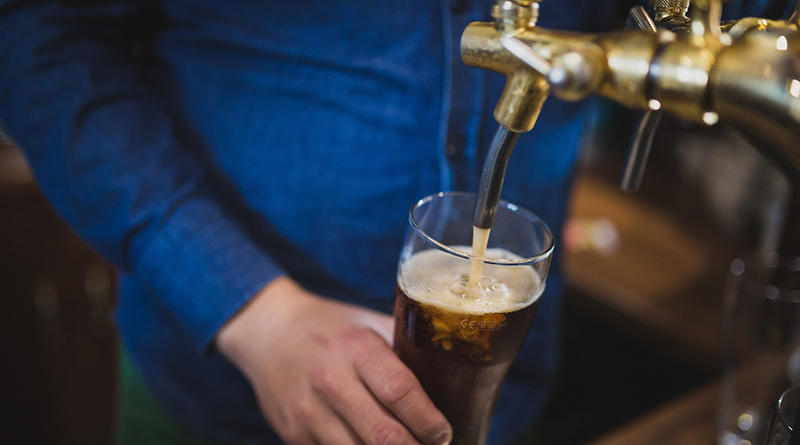Sector Welcomes Government’s Small Brewers’ Relief Proposals

The government’s proposed reforms to small brewers’ relief (SBR), has been largely welcomed by industry bodies.
The main proposals are:
• Replacing the existing taper with a more gradual one, starting at 2,500-hectolitre production
• Providing a three-year grace period for breweries that merge so that the relief phases down rather than potentially ending overnight
• Linking SBR to the alcohol content of the beer, and extending it to beers below 2.9% (ABV)
Welcoming the changes, SIBA Chief Executive James Calder and SIBA National Chairman Roy Allkin. “After three years of deliberating, the Treasury has today announced far-reaching changes to Small Breweries’ Relief (SBR) – at last providing some certainty for small brewers so they can plan for the future.
“It is welcome that the Treasury has listened to SIBA’s representations on behalf of small brewers, and the views of MPs from across the political divide, to increase the 50% threshold from the proposed 2,100 hectolitres to 2,500hl.
“While it is disappointing that some small brewers between 2,500 to 5,000hl will have to contribute more in beer duty under the new system, our worst fears have been averted and the rate is more manageable than was proposed in the consultation. The changes also remove the ‘cliff edges’ that hindered brewers in the past and sets out a path to growth and a workable framework for the future.
“These changes demonstrate the Treasury has recognised the important role that SBR has served for the past 20 years in levelling up the brewing sector, investing more in the scheme and expanding it to include more breweries.
“We must now carefully consider how these new policies sit within the wider changes to the alcohol duty announced in the Budget and work through all the implications to ensure that small brewers can compete against the Global giants that dominate the beer and cider sectors.”
The British Beer & Pub Association (BBPA), also welcomed the Government’s proposals, a spokesperson said: “We welcome these changes to Small Brewer Relief, a scheme which provides a major boost to the UK’s small brewers. The proposals seek to more closely align with economies of scale and will address barriers to growth.
“Combined with the recent duty freeze and proposals set out in the new Alcohol Duty Review, we hope this will now stimulate business growth and investment in Britain’s brewers of all sizes at a crucial time in their recovery post-covid.”
CAMRA Chairman Nik Antona said: “Small brewers across the UK have been waiting months for today’s announcement, and now have some more certainty over how their tax bills will change in the coming years.
“With the bold changes to all alcohol duties proposed in the Budget, there is still more detail that needs to be worked on. We are looking forward to working with the Treasury to ensure that the wider proposals work for small brewers, and especially that the new draught beer duty rate applies to containers of 20L and over – allowing for the smaller formats that small and independent brewers most frequently supply draught beer in.
“From the announcement today, we are glad that the Treasury has made a concession on the 50% relief threshold, following representations from small brewers and consumers who were worried about viability of small brewers and knock-on effects on consumer choice under the previous proposals.
“We understand that the changes announced today will protect around 70 of the smallest brewers from increased tax bills. Sadly, this will still mean increased bills for those producing between 2,500HL and 5,000HL per year, but the additional changes to smooth the ‘cliff edge’ in the relief taper should help small brewers grow more sustainably in future.
“CAMRA will continue to campaign across a range of issues affecting small and independent brewers, as they are vital to maintaining consumer choice in the UK beer market, which is increasingly dominated by the interests of a small number of global brewing companies.”
